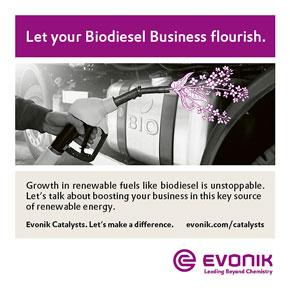TotalEnergies and Safran form partnership to accelerate SAF production
In line with the ambition of both companies to reach net zero CO2 emissions by 2050, this major partnership aims to accelerate the reduction of emissions of the aviation industry.
The collaboration will leverage Safran and TotalEnergies’ respective areas of excellence and expertise for the development and deployment of sustainable aviation fuels (SAF) and develop an informed understanding of the overall value chain and use cases, while integrating the objectives of sustainable development altogether.
In the short term, the partnership aims to make current engines compatible with fuel containing up to 100% SAF.
Longer term, it will then work to optimise engine/fuel energy efficiency and environmental performance.
This collaboration may extend to other fields, such as adapting fuel systems to SAF or developing new-generation battery systems for electric motors.
Patrick Pouyanné, Chairman and CEO of TotalEnergies, said: “We are pleased to join forces with Safran to help meet the challenge of decarbonising the aviation industry together.
“This strategic alliance will contribute to the emergence of a French value chain for sustainable aviation fuel and electric aircraft. TotalEnergies is resolutely committed to reducing its own carbon emissions and to supporting its customers in their reduction efforts by offering innovative, tailored solutions.
“We believe that cooperation among all aviation industry players is needed to achieve the objectives of the energy transition to reach carbon neutrality.”
Olivier Andriès, CEOof Safran, added: “I welcome this agreement, which is fully in line with Safran’s strategic priority to decarbonise aviation.
“Our ambition is to develop breakthrough technologies for ultra-efficient engines that are 20% more fuel-efficient than the current LEAP engine and 100% compatible with sustainable fuels.
“This cooperation with TotalEnergies demonstrates our commitment to limiting our environmental footprint, contributing to carbon neutrality in the aviation industry, and preserving a mode of transportation that delivers essential economic, social and cultural benefits.”












